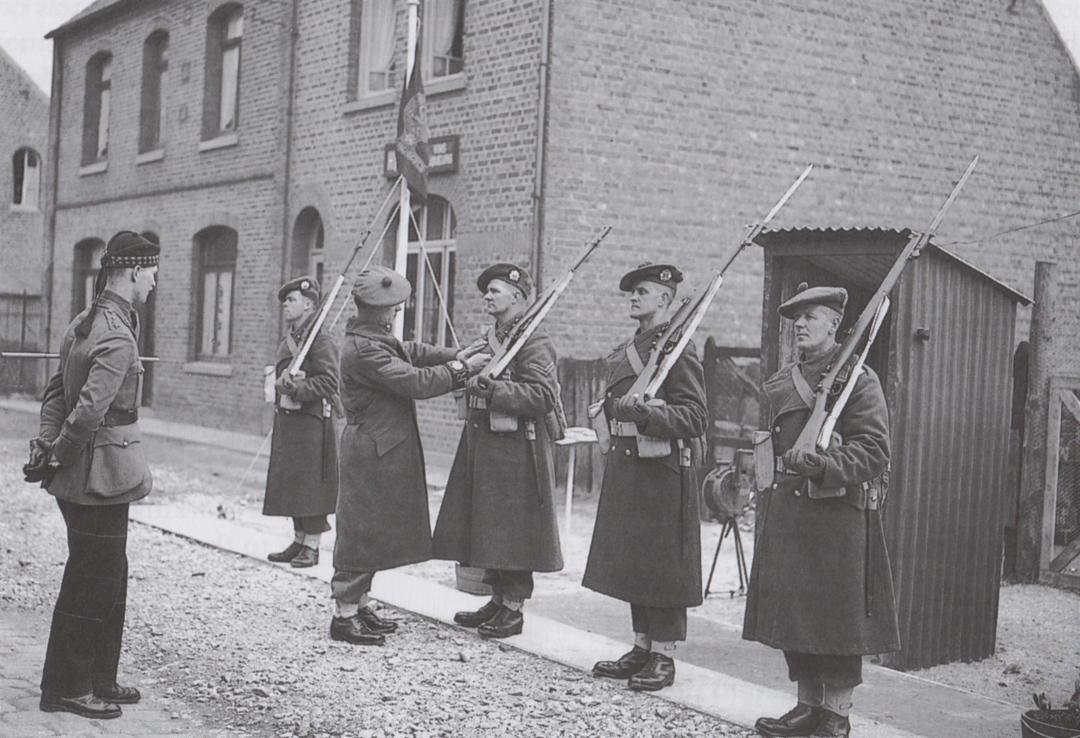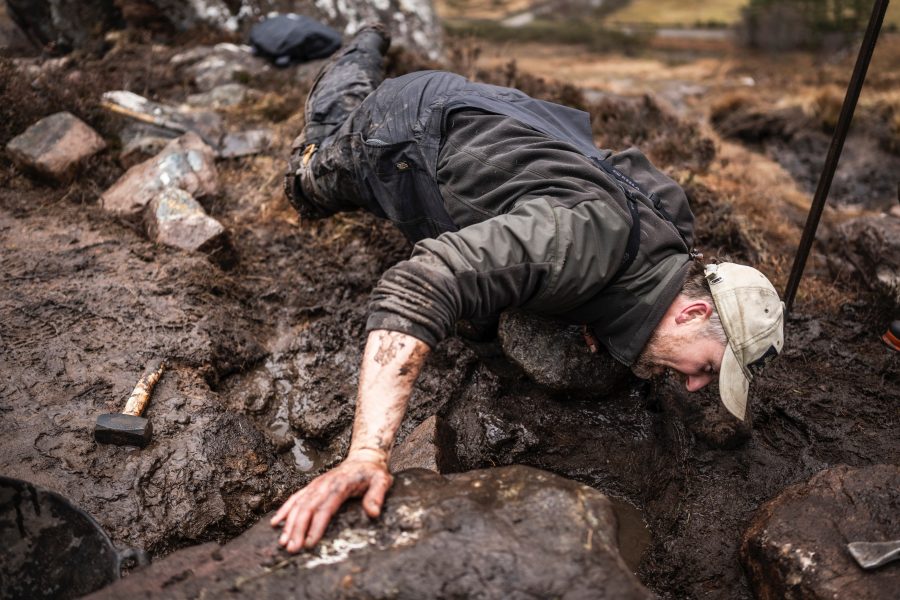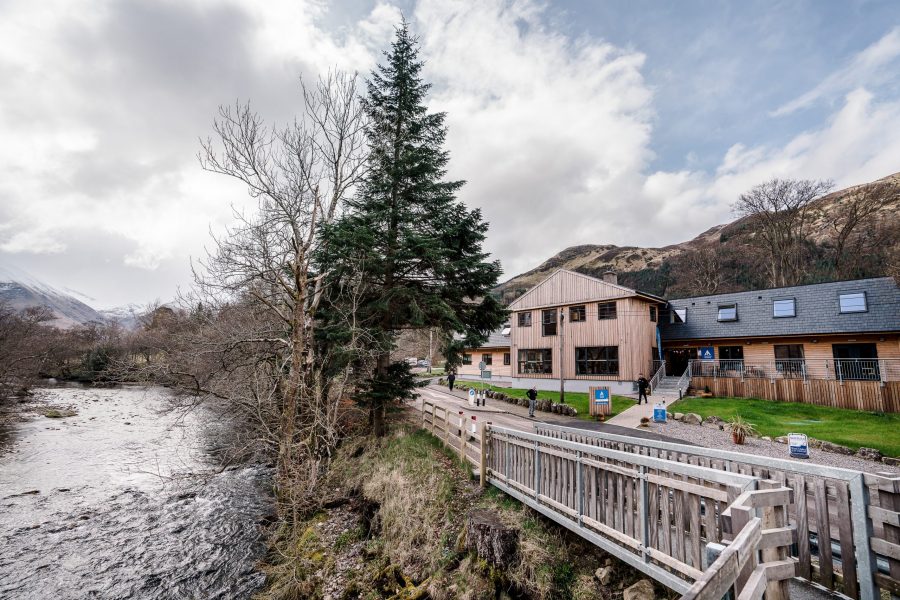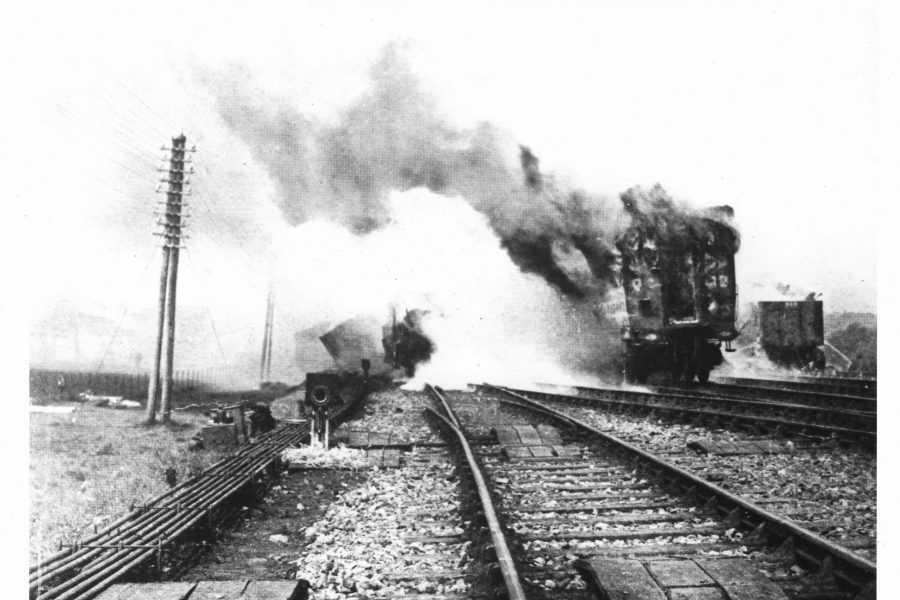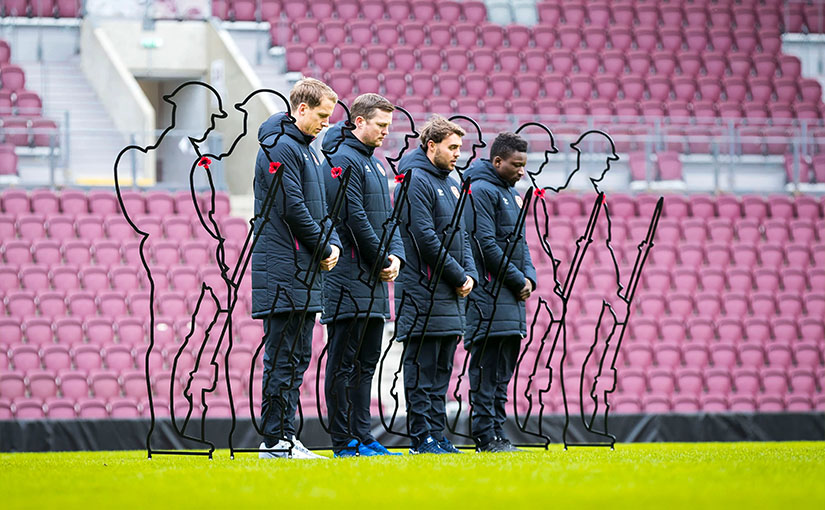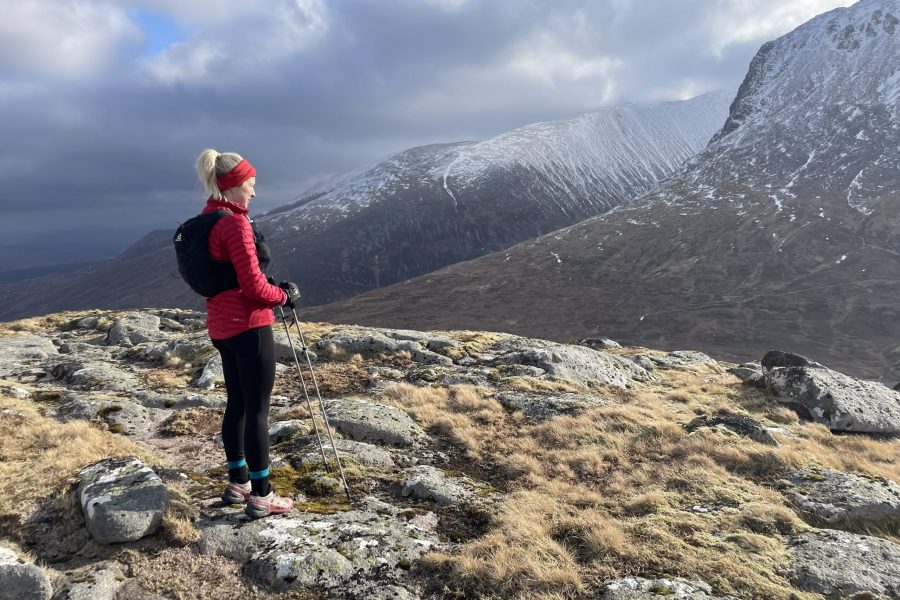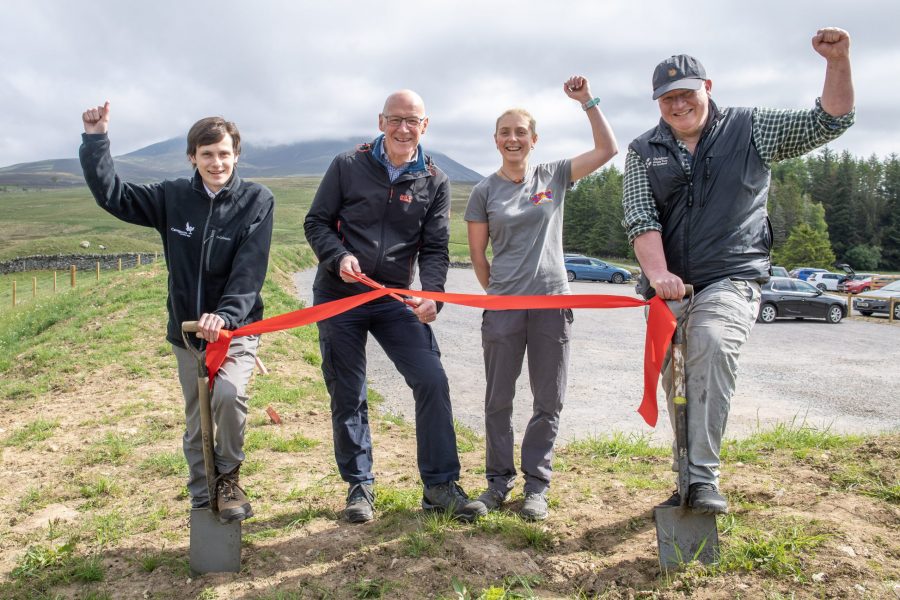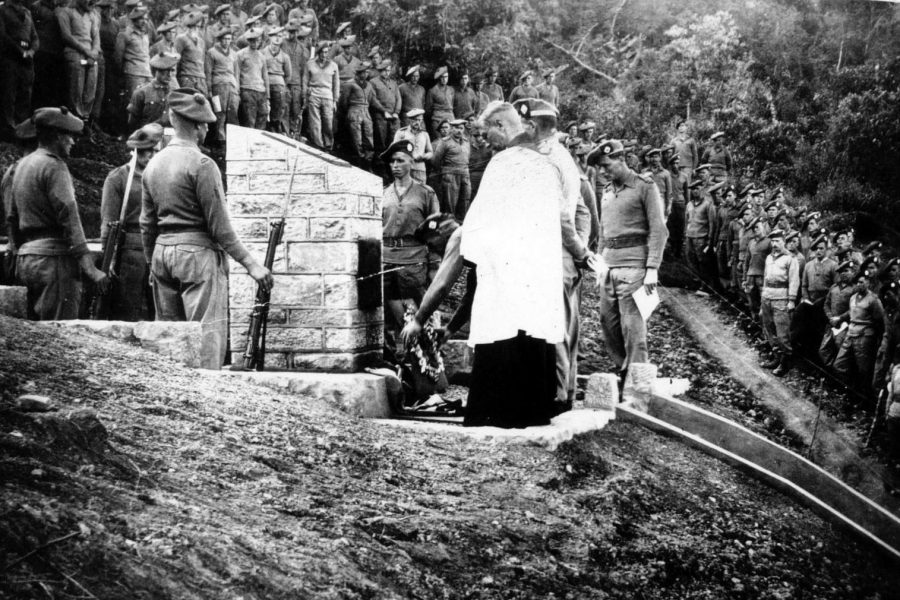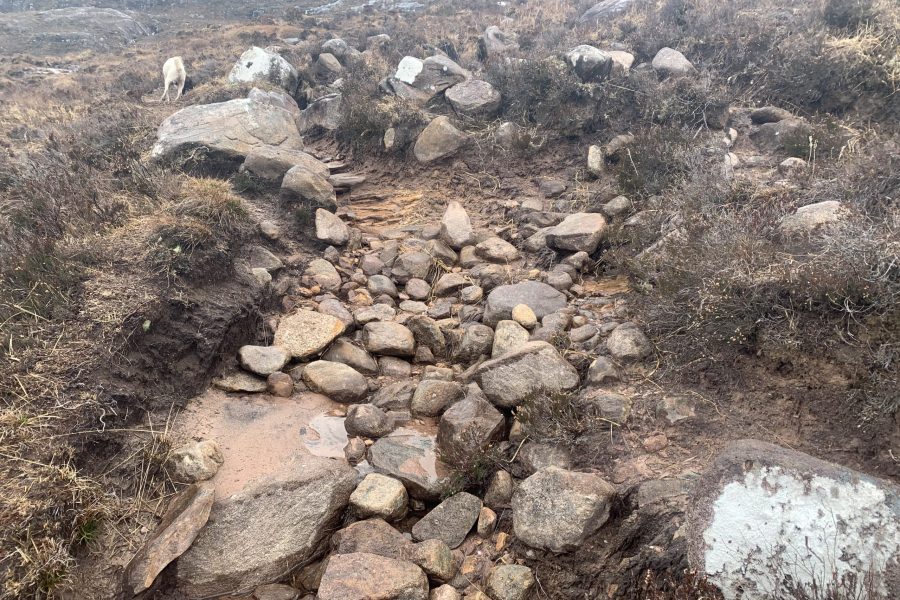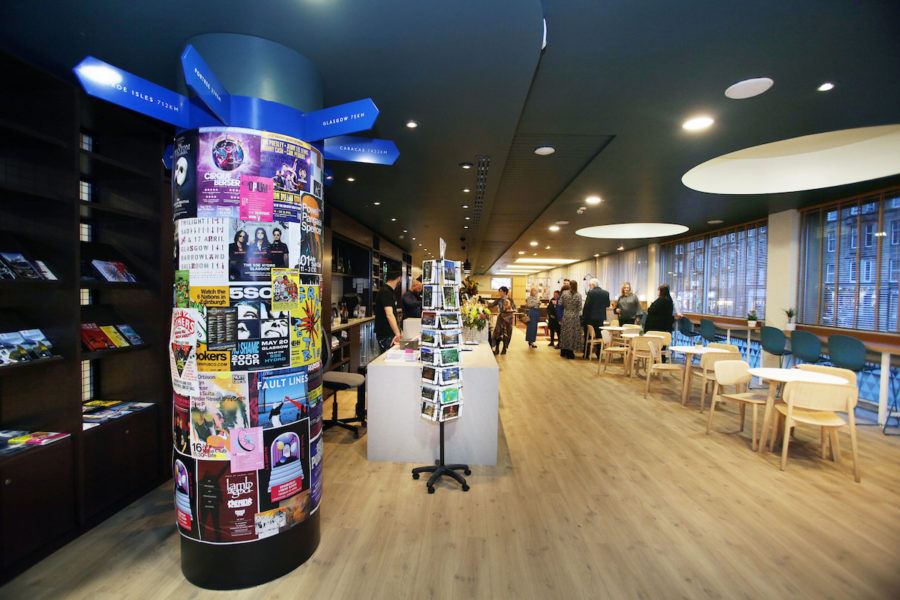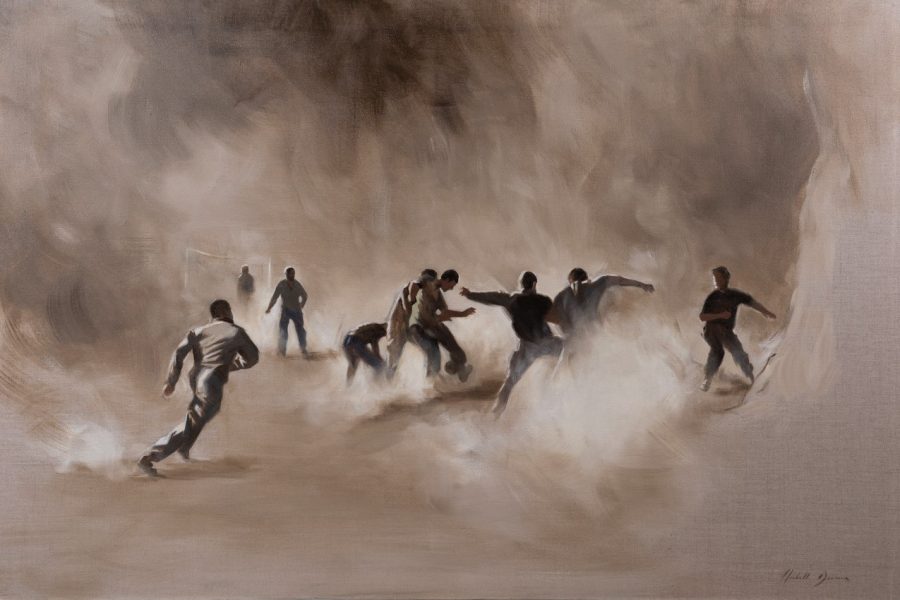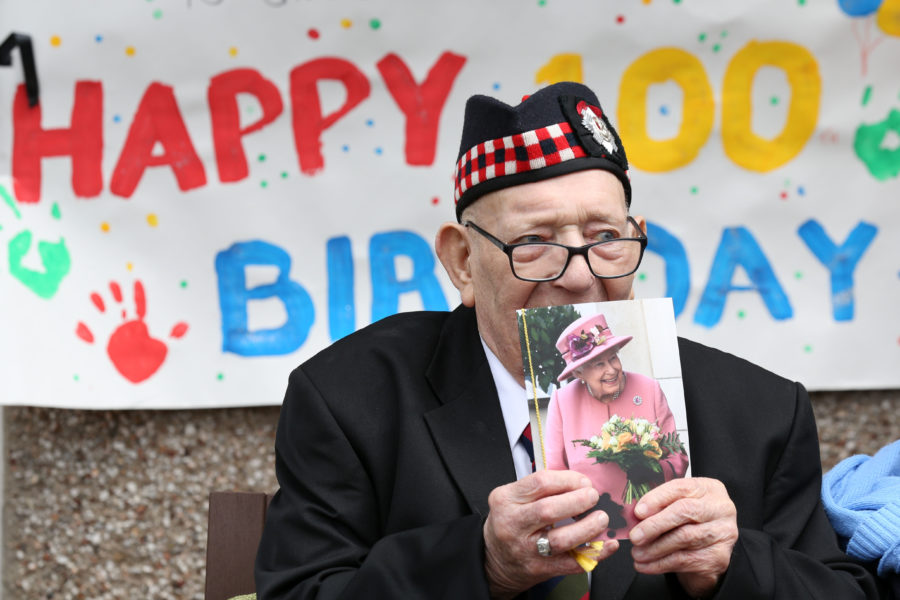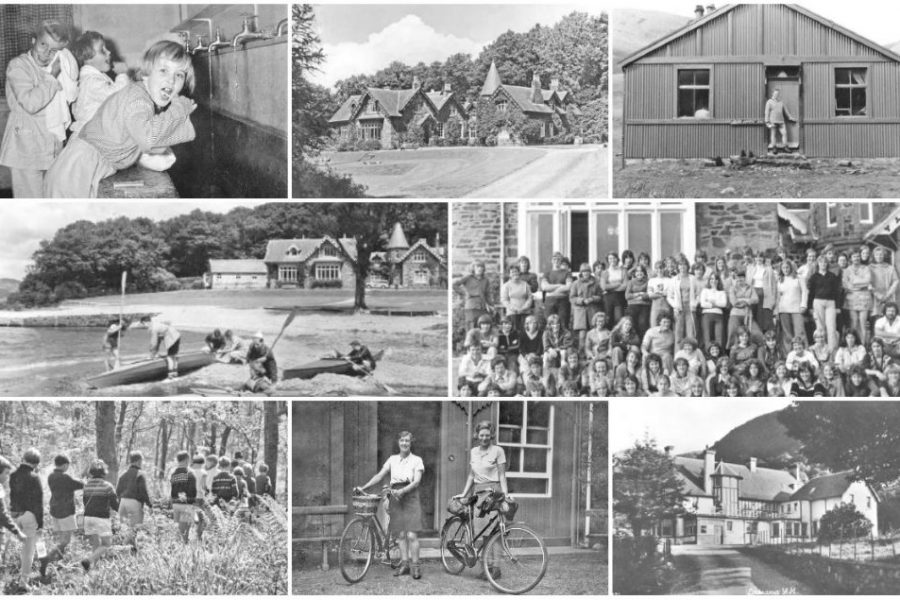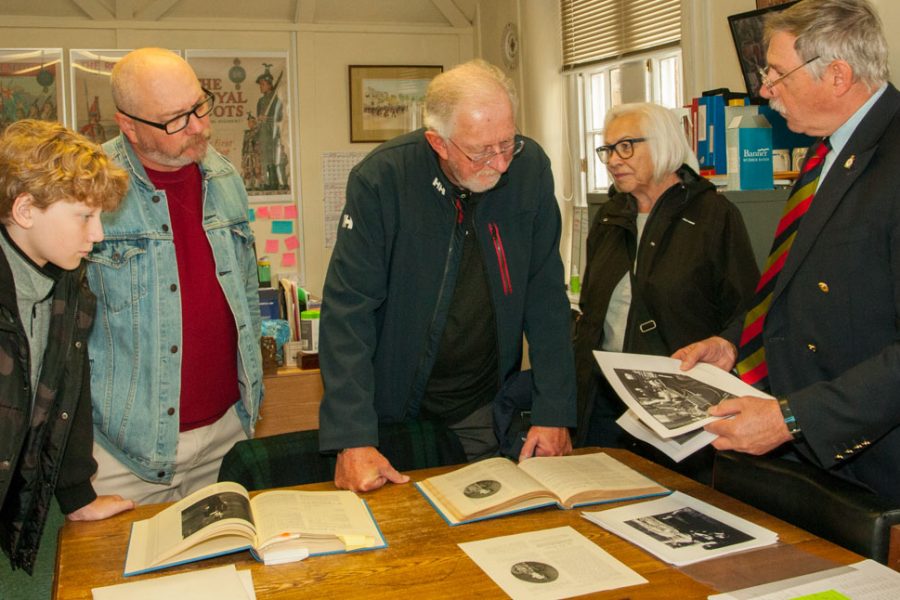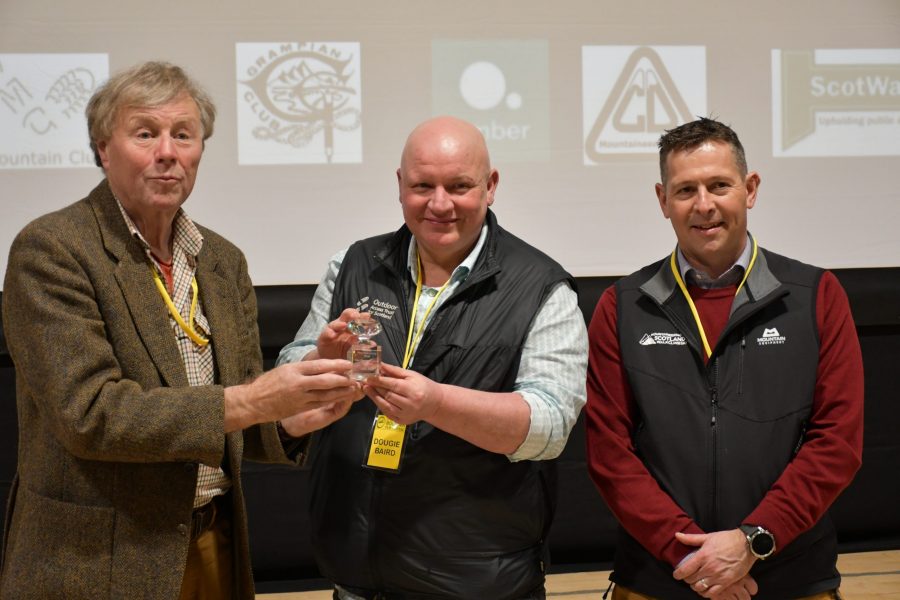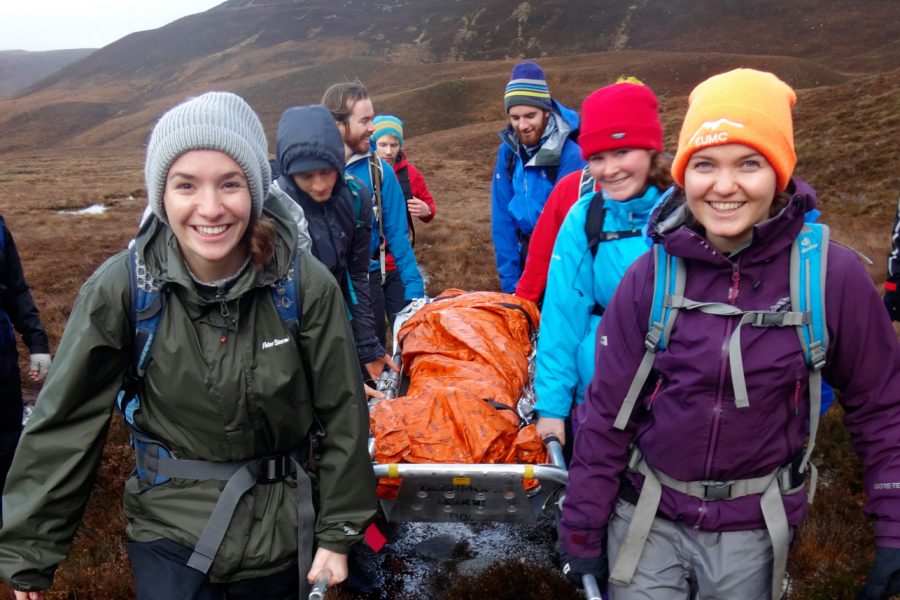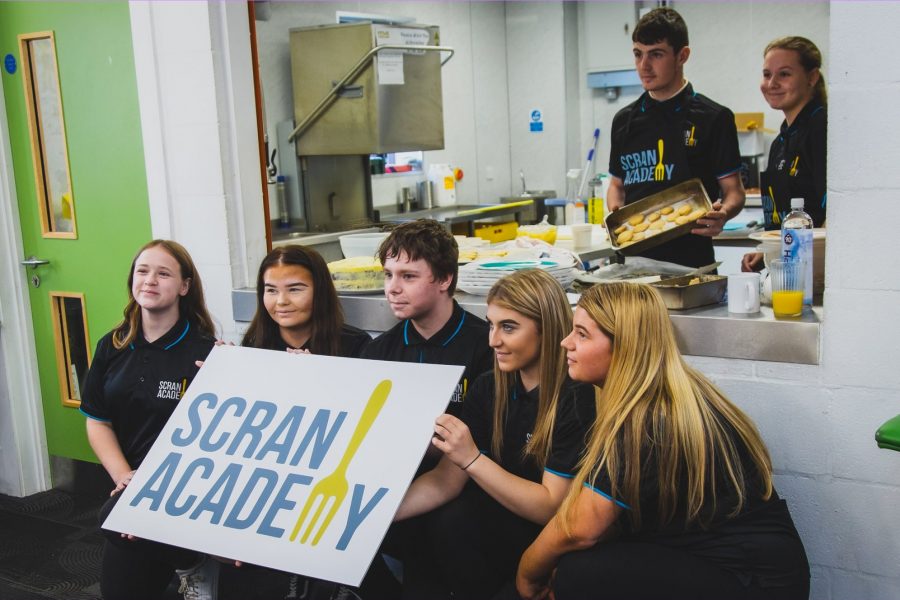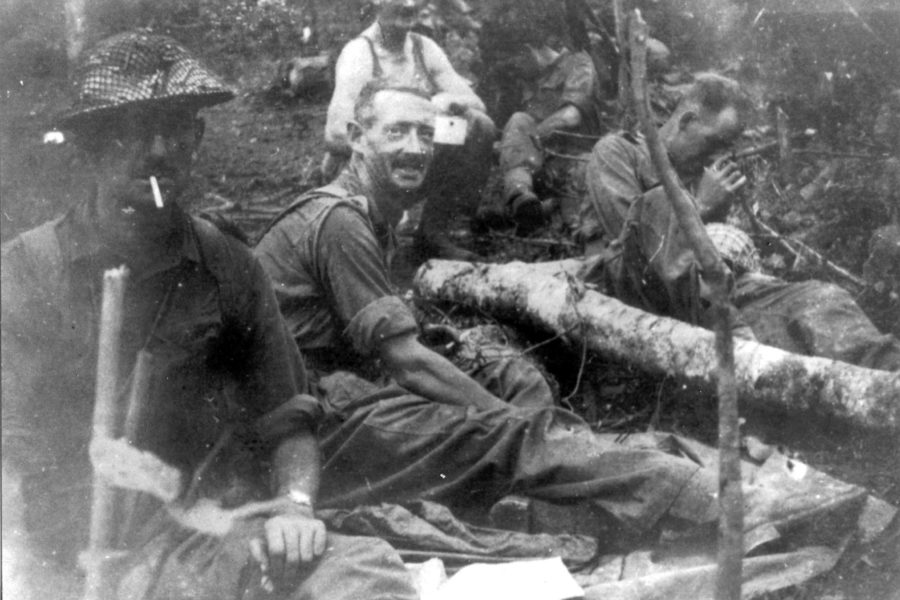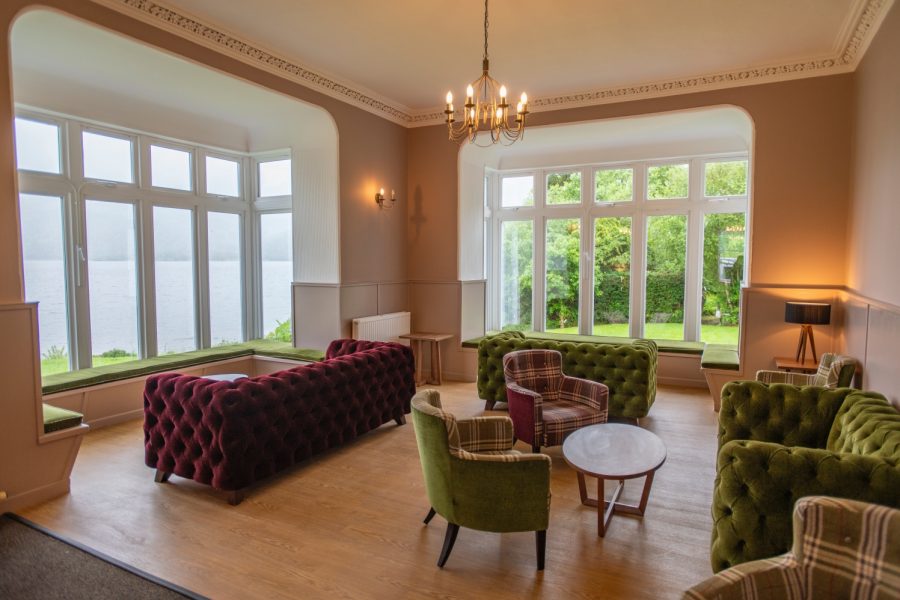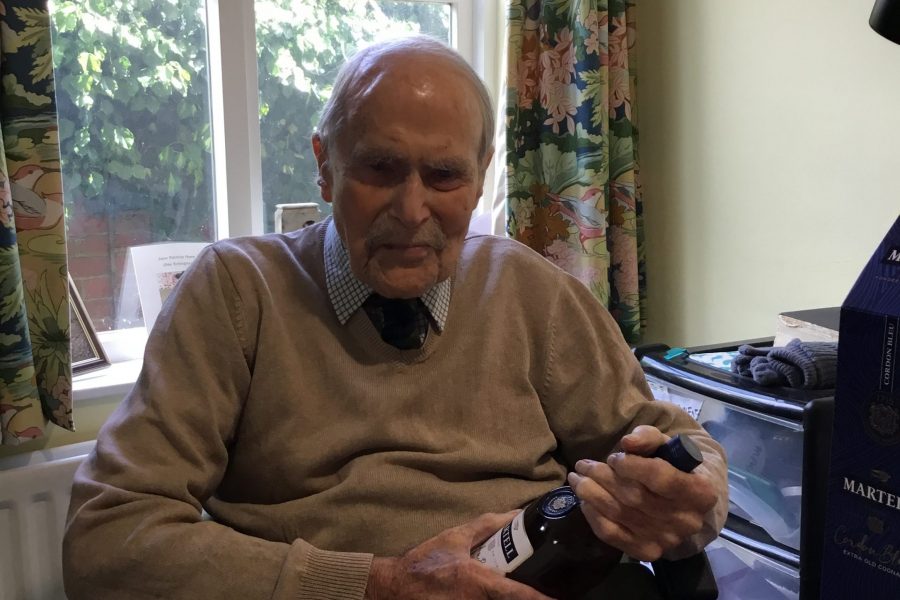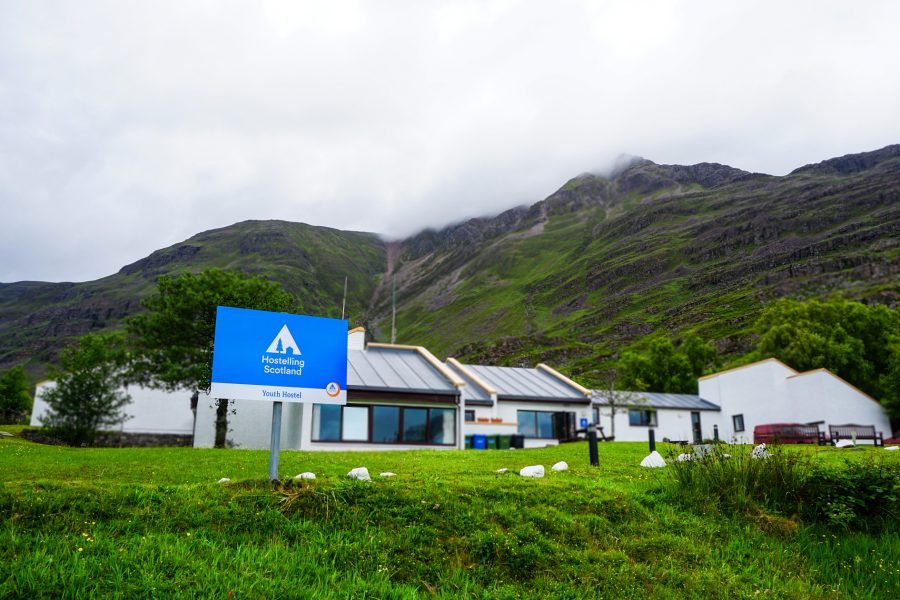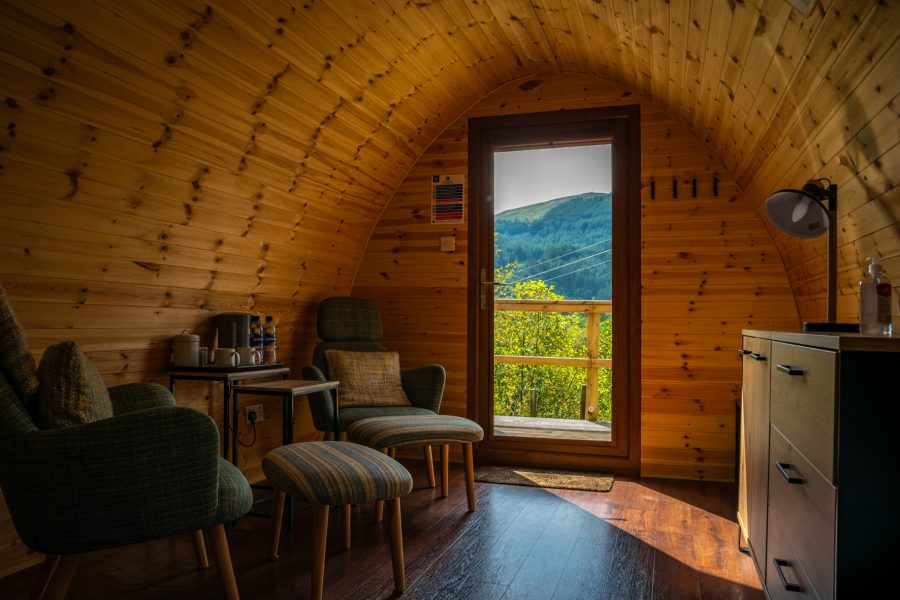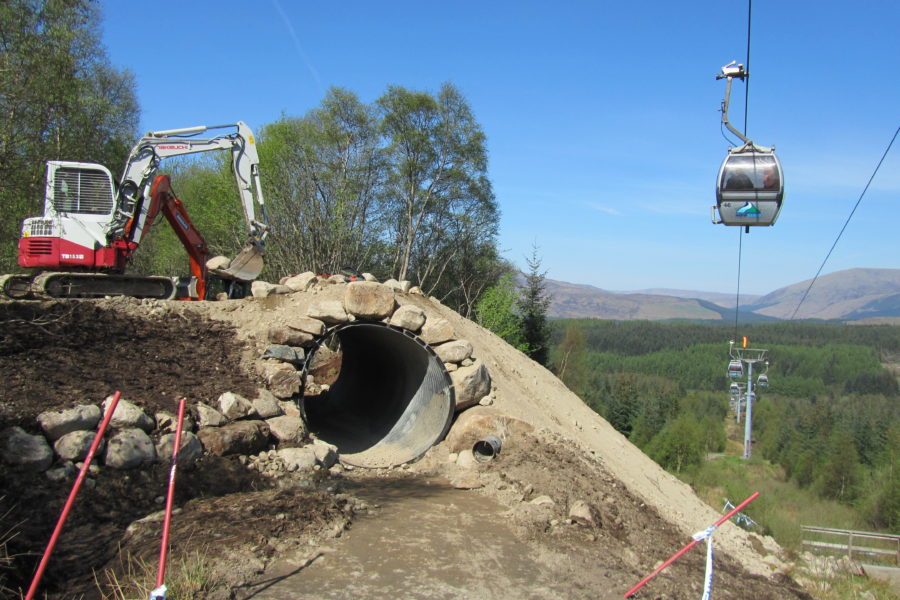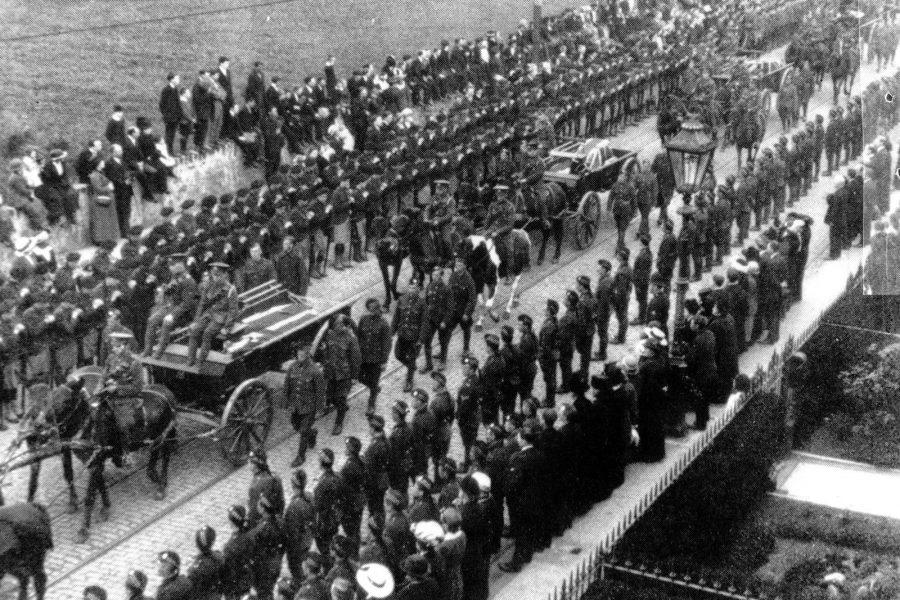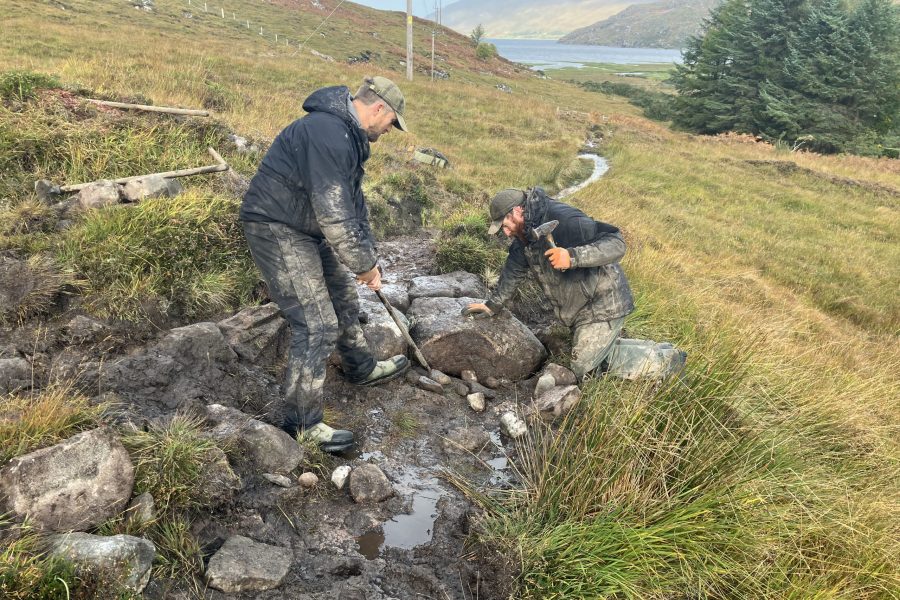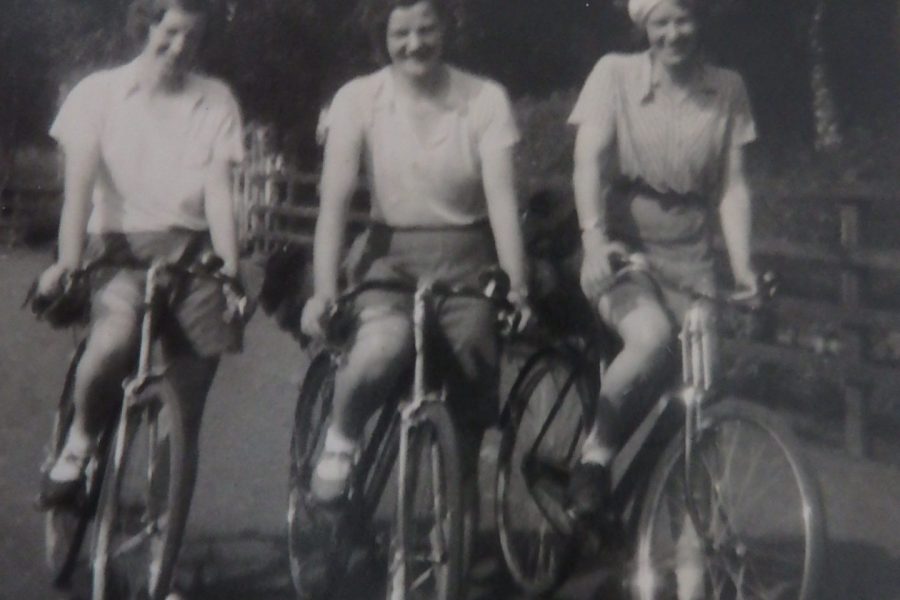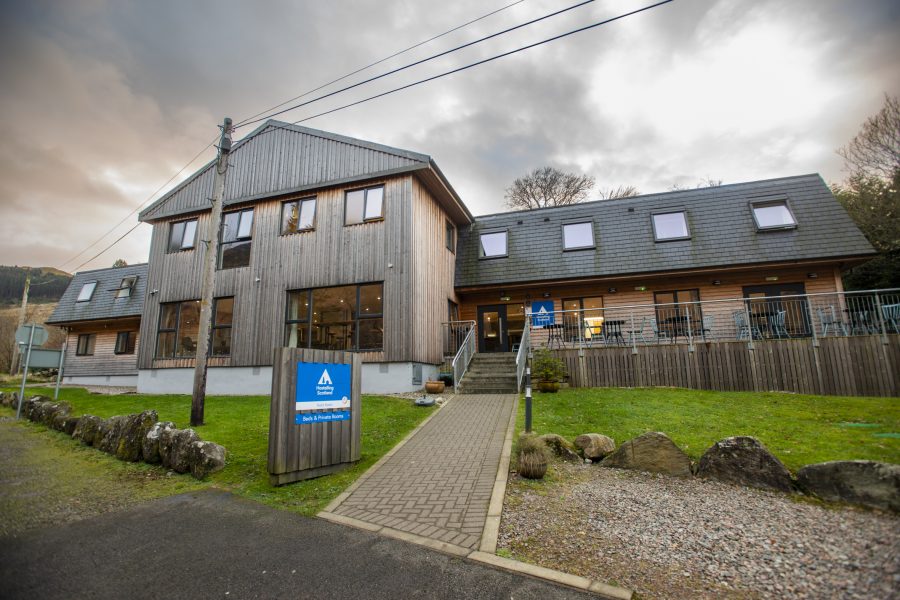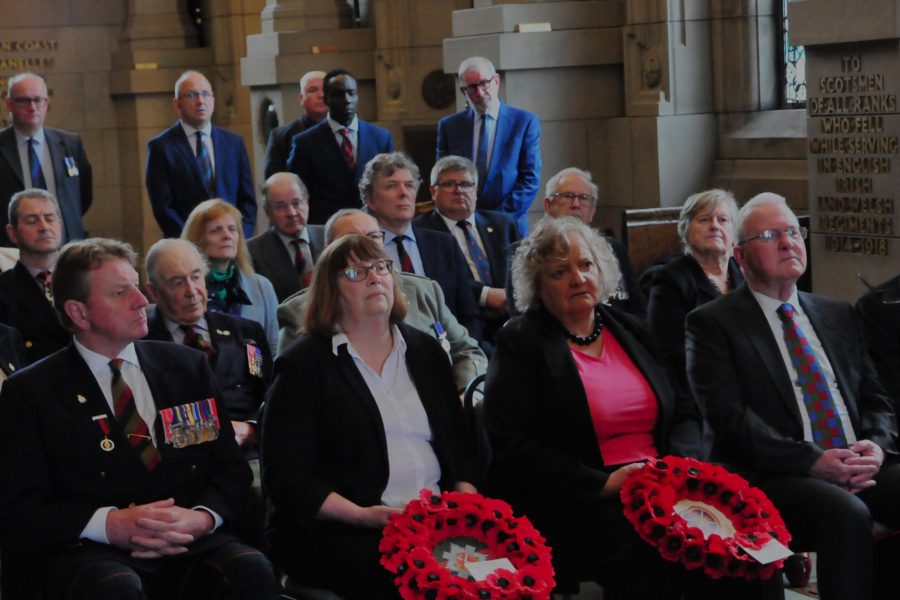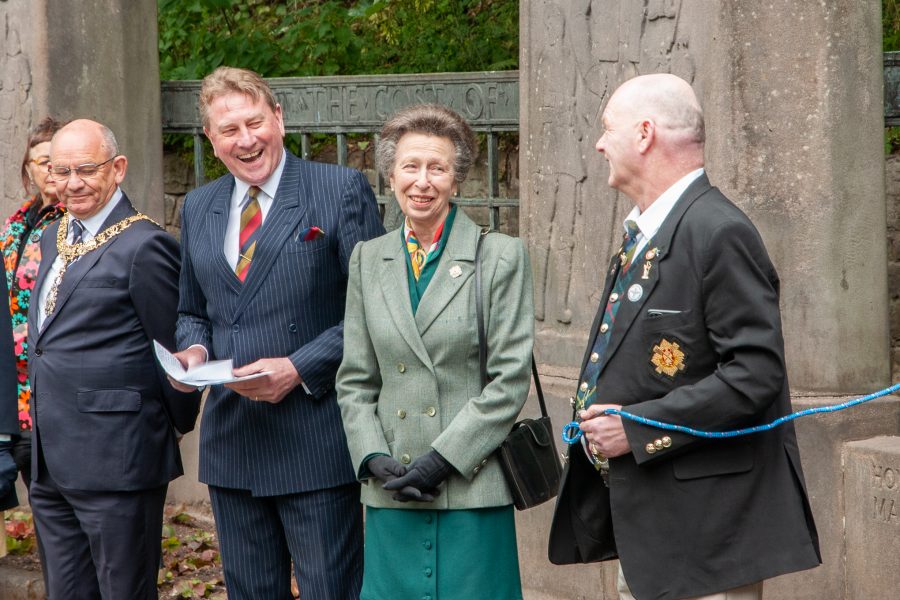Stand, fight to the last man, and allow the Dunkirk evacuation to happen; the untold story of the 1st Battalion The Royal Scots at Le Paradis 80 years on
On the 25 May 1940, the remains of the 1st Battalion The Royal Scots, less than 400 strong, prepared for their last stand at Le Paradis, 30 miles from Dunkirk in North East France. Their orders, to “Stand And Fight To The Last Man”, played a pivotal role in enabling the withdrawal of 337,000 Allied Forces and equipment from the beaches of Dunkirk. However, this valiant three-day rear-guard defence against overwhelming odds led to the Battalion’s destruction.
At the start of the operation on 10th May 1940 the 1st Battalion were some 770 strong; at the end of the operation on 27 May 141 had been killed and over 350 wounded. A handful escaped back to the UK. There were many acts of outstanding bravery. By the end, 292 Royal Scots were captured and became prisoners of war (POW); most were wounded. There were many acts of outstanding bravery, in all 2 Distinguished Service Orders, 3 Distinguished Conduct Medal, 2 Military Crosses, 1 Military Medal and 16 Mentioned in Dispatches were awarded.
Colonel Martin Gibson said: “This is a soldier’s story. Though the Royal Scots had been in continuous action for 17 days, had travelled over 200 miles and had suffered heavy casualties their fighting spirit was undaunted. The Royal Scots, professional soldiers doing what they had signed up to do, fought ferociously to the last man at Le Paradis.
“Their contribution to Dunkirk was vital. We should never forget that the vast majority of those who survived spent the next five years as prisoners of war.”
In the lead up to the 80th anniversary of the successful evacuation from Dunkirk, The Royal Scots Regimental Family are determined to tell the untold story of the 1st Battalion The Royal Scots. 50 Royal Scots should have been attending the 80th commemorative event in Le Paradis on Saturday 23 May 2020. With the Covid19 lockdown, this has had to be cancelled. We are organising, as an alternative, a Zoom commemorative event on Tuesday 26 May which is being recorded and will be available on the web site, YouTube, and Facebook.
There are four people available for interview, two are veterans who fought at le Paradis:
- George Simpson (100 and lives just outside Edinburgh) was wounded and captured at Le Paradis and was a POW for 5 years in Poland. He describes the hand to hand fighting by the Royal Scots.
- John Errington (101, in Shrewsbury) was Signals Officer, captured and became a POW for 5 years. He will be supported by his daughter, who could read from his war diary.
- Ian Johnstone (Lives in Linlithgow) who can recount his Company Sergeant Major father’s brave actions when all his company officers were killed or wounded.
- Elizabeth Roads, her father was Acting Major J Bruce, adjutant of the 1st He ultimately took command of the Battalion on the 27 May towards the end of the action. He wrote up the Regimental War Diary for Le Paradis action whilst a POW.
There are very strong human stories here; loyalty/fighting for freedom/comradeship/resilience.
Ends
Media Contact:
David Nisbet: 07768 812620; [email protected]
Images (and graphics) from the campaign can be downloaded from Dropbox https://www.dropbox.com/sh/sh3e7wb98t70o19/AACjpicj1642_BgThM9LEKdYa?dl=0
Notes to Editors:
History of 1st Battalion The Royal Scots – September 1939 – 27 May 1940
1st Battalion The Royal Scots landed in France in September 1939 as part of the 4th Brigade of the 2nd Division of the British Expeditionary Force (BEF).
For the next eight months, The Royal Scots prepared and manned defences across northern France, even taking a turn in the massive concrete fortresses of the French Maginot Line.
When the German attack, in the west, finally began on the 10 May 1940, the Battalion crossed into Belgium and had their first contact with the enemy west of Brussels at Wavre.
As the Allied forces were pushed back by the German Blitzkrieg, The Royal Scots withdrew across the French border. Meanwhile, the Germans raced for the Channel coast, splitting the BEF off from their Allies. Plans for its evacuation were prepared.
As the Germans turned north, it became vital that their advance was delayed long enough for the main part of the British Army to reach the beaches at Dunkirk.
The BEF were up against a far better equipped and a much stronger enemy, which made their phased defence and withdrawal actions even more difficult. The Battalion had defended four major river lines in their withdrawal from Belgium. They were constantly under attack by the German’s; for example, on the 21 and 22 May, defending the line of the River Escaut, they suffered 150 casualties in two days.
There withdrawal culminated in a last stand at Le Paradis between the 25 and 27 May 1940. They were exhausted, low on ammunition, and very lightly equipped to defend against an armoured and air attack. On the 25 May, the 2nd Battalion The Royal Norfolk Regiment received the full weight of the enemy attack on the La Bassée Canal, receiving heavy casualties. Then for two days, The Royal Scots fought a very determined and valiant rear-guard defence against overwhelming odds. Eventually, through constant attrition, they were reduced to isolated small units. Only the very brave, but fatal action of Pipe Major Allan avoided this Battalion headquarters to being overrun. He held up the German advance single-handed with a Bren gun until he was killed. During these three days, there were numerous other acts of considerable bravery.
Their ferocious defence at Le Paradis inflicted heavy losses on the enemy, and seriously damaged the confidence of the SS “Totenkopf” Division they fought. Most importantly, it delayed the German’s advance, allowing thousands of British troops to reach the beaches of Dunkirk. The Royal Scots’ contribution to the battle of Dunkirk was vital, yet most of the survivors of Le Paradis would spend the next five years as prisoners of war.
Though the Royal Scots had been in continuous action for seventeen days, had travelled over 200 miles and had suffered heavy casualties, their fighting spirit was undaunted. Those who escaped through Dunkirk would live to fight another day, through the courage and sacrifice of The Royal Scots.
Afterwards at a hospital, a German officer, on handing over some wounded Royal Scots to a Chaplain stated: “They fought like lions”. Sometime after the war, the captured French liaison officer, Lieutenant Michel Martell, attached to The Royal Scots (a POW ) wrote: “..during the five years of waiting for our freedom, after living with The Royal Scots, I could never despair of seeing Germany beaten.”
Explanatory Notes:
Website addresses:
- Home Page: http://www.theroyalscots.co.uk/
- BEF Deployment 1939: http://www.theroyalscots.co.uk/2nd-world-war-ww2/
- Le Paradis defence: http://www.theroyalscots.co.uk/le-paradis/
- Regiment’s history: http://www.theroyalscots.co.uk/history/
In 2006, The Royal Regiment of Scotland was formed from its predecessor Scottish Infantry Regiments; after 373 years of unbroken service The Royal Scots left the British Army’s order of battle.
Social Media links:
https://www.facebook.com/TheRoyalScots
https://www.facebook.com/TheRoyalScots
https://www.youtube.com/channel/UC6Wj9U1GMbA78Qg-bCfhhJg/videos?view_as=subscriber
Photos and Graphics:
See the Dropbox link below.
https://www.dropbox.com/sh/sh3e7wb98t70o19/AACjpicj1642_BgThM9LEKdYa?dl=0


